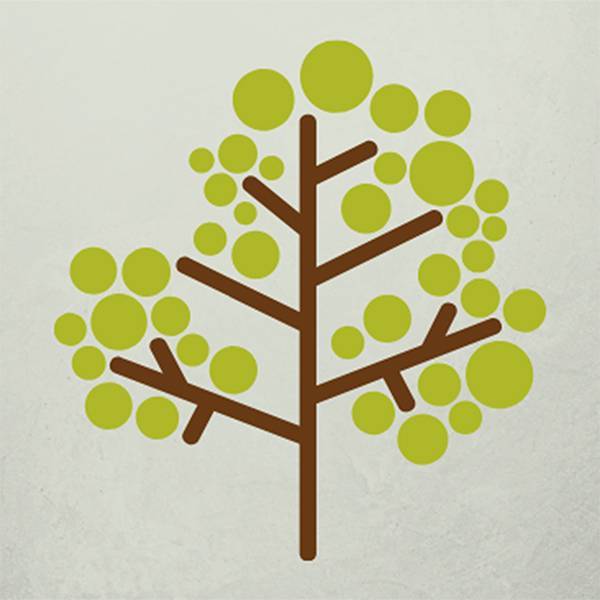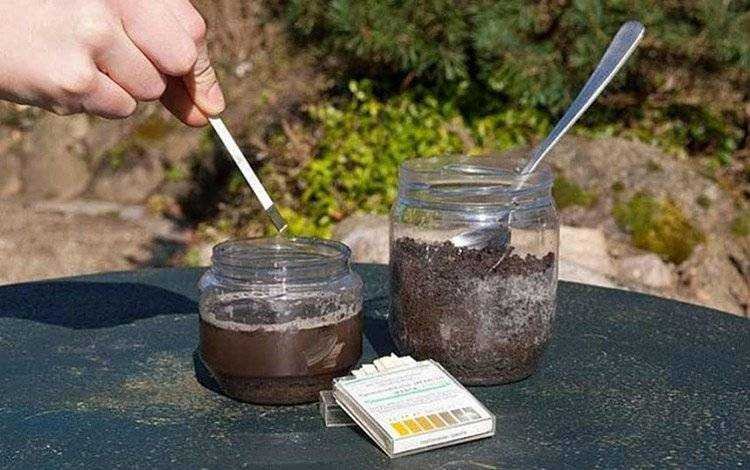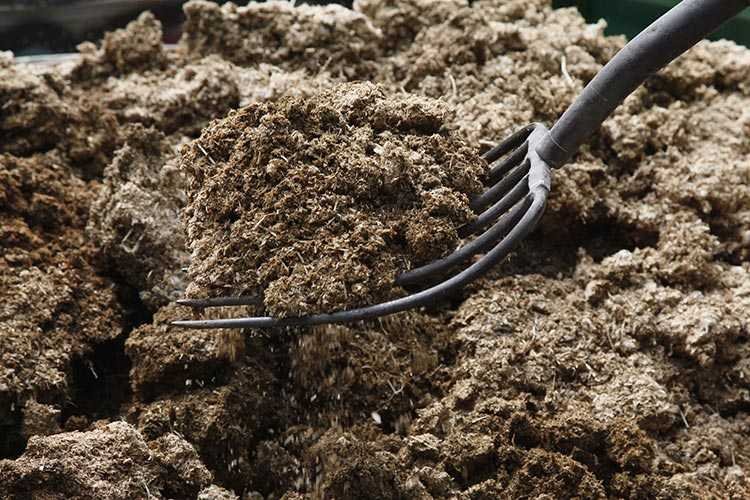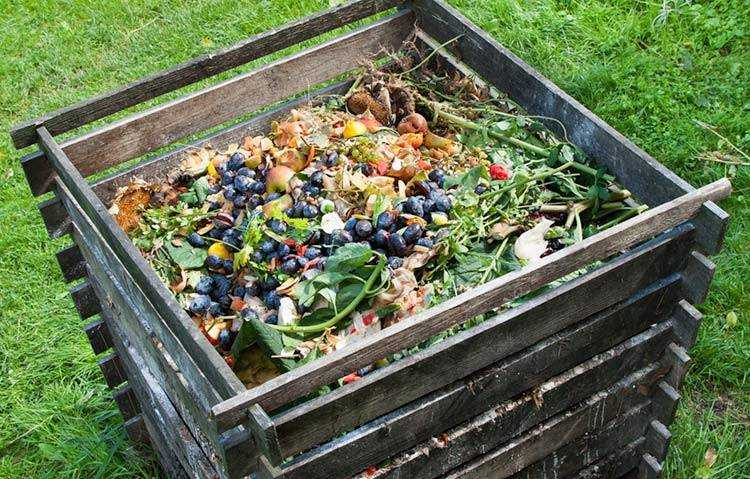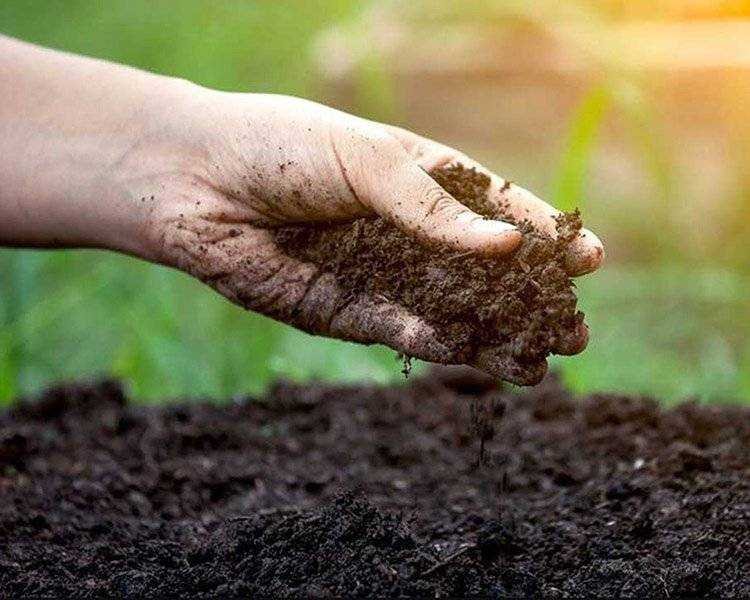Beautiful Plants For Your Interior
Garden Soils

Garden Soils – The Ultimate Guide to Choosing The Right Soil For Your Garden
Garden soils are the foundation of a healthy and thriving garden. Soil provides the necessary nutrients, water, and support for plants to grow and produce fruits and vegetables. However, not all soils are created equal, and it’s important to understand the characteristics of your soil to ensure your garden’s success.
Understanding Garden Soils
One of the most important factors to consider when it comes to garden soils is the soil type. There are three main types of soil: sandy, clay, and loamy.
Soil Types and Their Characteristics
These soil types can be classified based on their particle size. As mentioned the three main types of soil are clay, silt, and sand, and the ideal soil for gardening is loam, which is a mixture of all three types.
- Clay soil: has the smallest particle size and is often heavy and sticky when wet. It has poor drainage and can lead to waterlogging and root rot.
- Silt: has a medium-sized particle and feels smooth to the touch. It is often found in riverbeds and is fertile but can be easily eroded.
- Sandy soil: has the largest particle size and is often light and gritty. It drains well but can be nutrient-poor.
- Loam: is a mixture of all three types and is the ideal soil for gardening. It has good drainage, is nutrient-rich, and is easy to work with.
Importance of Soil pH
Soil pH is a measure of the acidity or alkalinity of the soil. Most plants prefer slightly acidic soil with a pH between 6.0 and 7.0. However, some plants, such as rhododendrons, prefer more acidic soil, while others, like lavender, prefer alkaline soil.
Maintaining the correct soil pH is crucial for healthy plant growth. If the soil is too acidic or alkaline, it can affect nutrient availability and plant growth.
The Role of Organic Matter
Organic matter is essential for maintaining healthy soil. It includes plant and animal residues, such as leaves, compost, and manure. Organic matter helps to improve soil structure, increase nutrient availability, and retain moisture.
Adding organic matter to your soil can help to improve its fertility and health. It also helps to reduce soil erosion and compaction.
Conclusion
Understanding the soil in your garden is crucial for growing healthy plants. By knowing the different soil types and their characteristics, the importance of soil pH, and the role of organic matter, you can maintain healthy soil and grow thriving plants.
On this page and other related pages and posts, we will dive deeper into the world of garden soils and explore questions like ‘how to improve your soil’ and pH testing of soils, by answering questions like this we will enable you to create the perfect growing environment for your plants.
